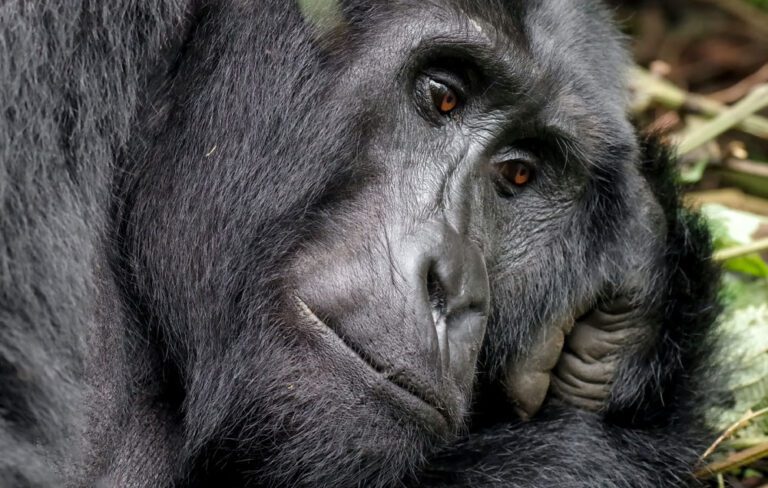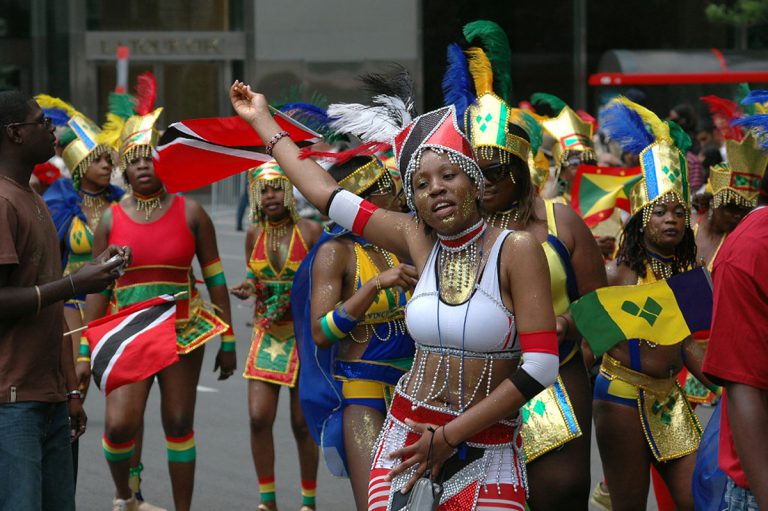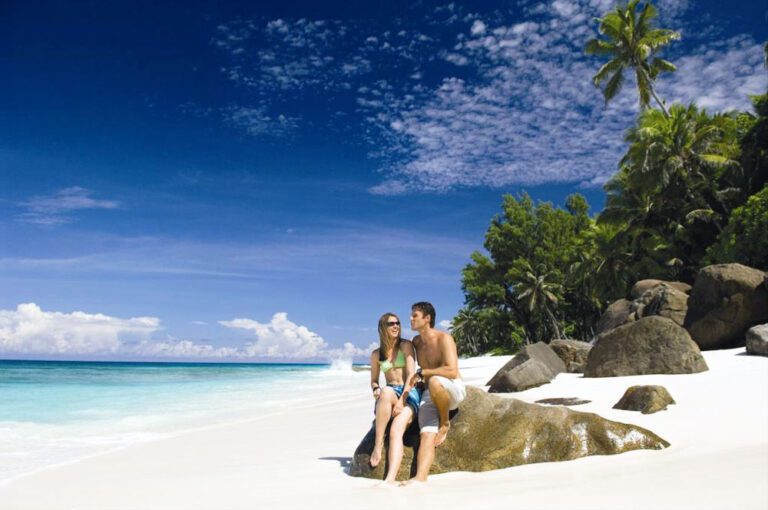Discover the Best Time to Visit Ghana and Experience its Vibrant Culture
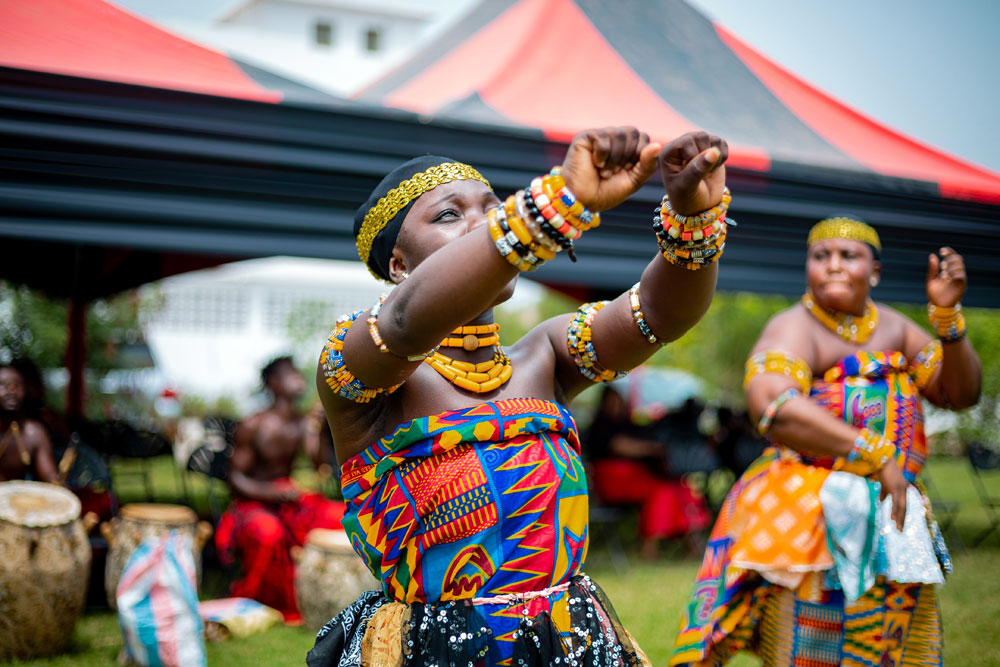
Are you prepared to venture into the core of West Africa? Ghana, with its rich history, vibrant culture, and breathtaking landscapes, is a destination like no other. But when is the best time to visit this captivating country?
Whether you’re a history enthusiast, a nature lover, or simply seeking an authentic cultural experience, timing your trip to Ghana is crucial.
In this article, we’ll explore the seasons, festivals, and events that shape Ghana’s calendar and help you discover the perfect time to visit. From the colorful celebrations of Ashanti’s Akwasidae festival to the mesmerizing wildlife encounters at Mole National Park, Ghana offers a myriad of experiences that will leave you spellbound.
So, pack your bags and get ready to fully experience the warmth and vibrancy of Ghana’s culture, as we unveil the best time to explore this enchanting destination.
Factors to Consider When Choosing the Best Time to Visit Ghana
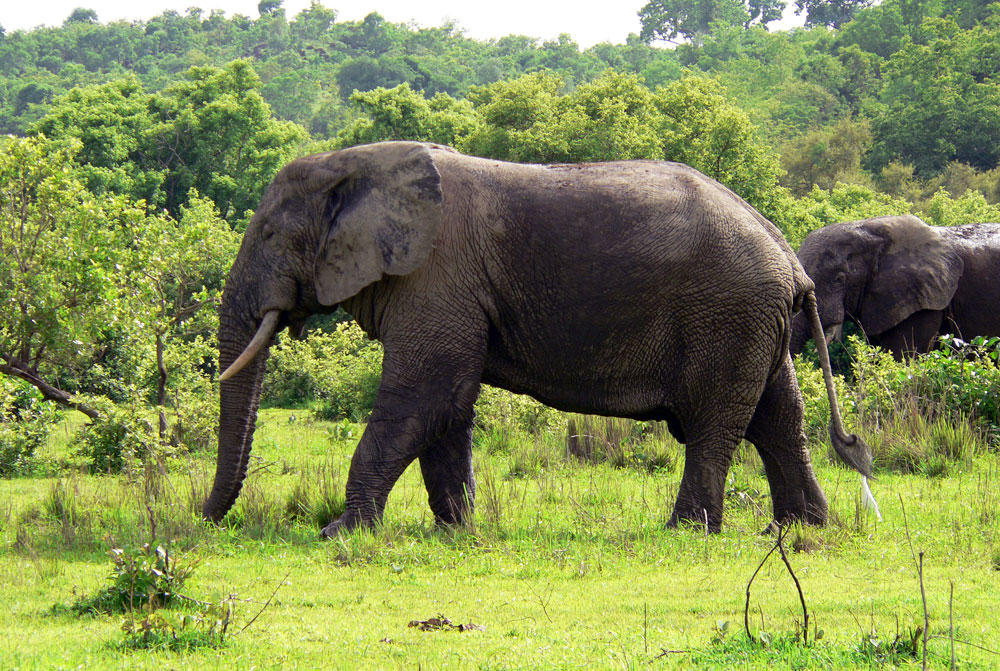
When planning your trip to Ghana, there are several factors to consider in order to ensure the best possible experience. One of the most important factors is the climate and weather conditions.
Ghana has a tropical climate, with two main seasons: the rainy season and the dry season. The rainy season typically lasts from April to October, with heavy downpours and high humidity.
On the other hand, the dry season, which runs from November to March, is characterized by lower humidity and cooler temperatures.
Apart from the weather, festivals, and cultural events also play a crucial role in determining the best time to visit Ghana. The country is known for its vibrant festivals, which showcase the rich cultural heritage of its various ethnic groups.
From the Homowo festival of the Ga people to the Yam festival of the Akan people and the colorful celebrations of Ashanti’s Akwasidae festival, there are countless opportunities to witness traditional music, dance, and rituals. Attending these festivals will give you a deeper understanding of Ghana’s culture and traditions.
Lastly, the availability of tourist attractions and activities should also be taken into consideration.
Ghana is home to a wide array of tourist attractions, ranging from historical sites such as Cape Coast Castle and Elmina Castle to natural wonders like the Kakum National Park, Mole National Park, and Wli Waterfalls, the highest waterfall in West Africa.
Depending on your interests, you may want to plan your visit during a specific season when certain attractions are more accessible or when wildlife sightings are more common.
Climate and Weather in Ghana
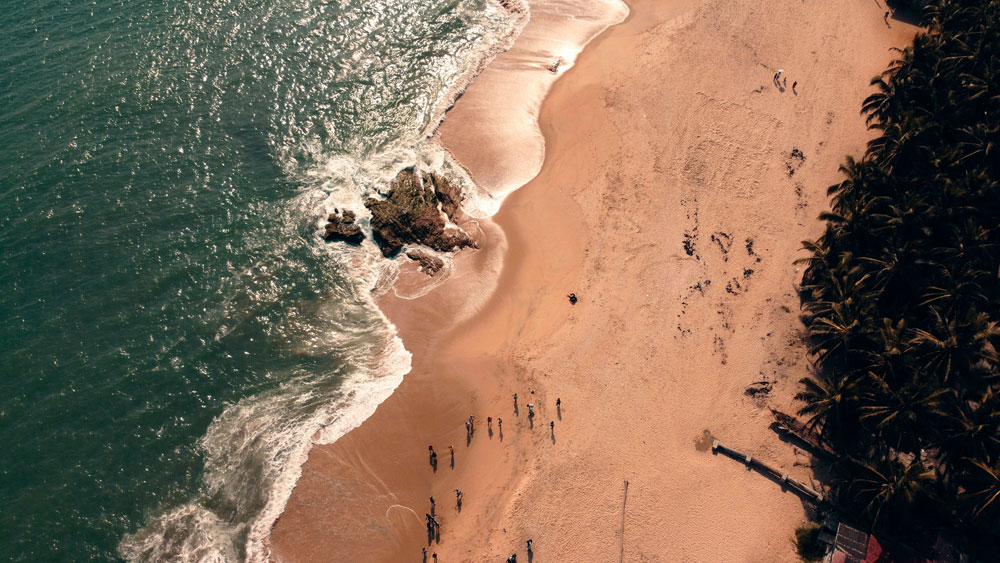
Ghana experiences a tropical climate, characterized by high temperatures and humidity throughout the year. However, the country has two main seasons: the rainy season and the dry season.
The rainy season typically occurs between April and October, with heavy rainfall and occasional thunderstorms. During this time, the humidity levels are high, and the temperature can reach up to 86°F (30°C).
If you don’t mind the rain and want to experience Ghana’s lush landscapes at their greenest, visiting during the rainy season can be a good option.
On the other hand, the dry season, which lasts from November to March, offers more pleasant weather conditions for outdoor activities. The humidity levels are lower, and the temperature ranges from 75°F to 82°F (24°C to 28°C).
This is considered the peak tourist season in Ghana, as visitors can enjoy sunny days and cooler nights. However, it’s important to note that the Harmattan winds, which blow from the Sahara Desert, can sometimes bring dust and haze to the country during this period.
Festivals and Cultural Events in Ghana

Ghana is a country known for its vibrant festivals and cultural events, which are celebrated throughout the year. These festivals provide a unique opportunity to plunge yourself into the rich traditions and customs of the Ghanaian people.
One of the most famous festivals is the Akwasidae festival, celebrated by the Ashanti people. This festival takes place every six weeks and is marked by colorful processions, traditional music and dance performances, and the display of the Golden Stool, which is the symbol of Ashanti unity.
Another notable festival is Homowo, celebrated by the Ga people. Homowo, which means “hooting at hunger,” is a harvest festival that commemorates the Ga people’s migration to their present-day location.
The festival involves the sprinkling of maize meal to pacify the gods and ensure a good harvest. The highlight of the festival is the Kpashimo procession, where people dress in traditional attire and dance through the streets to the beat of drums.
If you’re interested in traditional music, the Panafest festival is a must-visit. This festival celebrates African culture and heritage through music, dance, drama, and other artistic expressions. It brings together artists and performers from all over the continent and attracts visitors from around the world.
The festival takes place every two years in Cape Coast and offers a unique opportunity to experience the diversity of African arts and culture.
Popular Tourist Attractions in Ghana
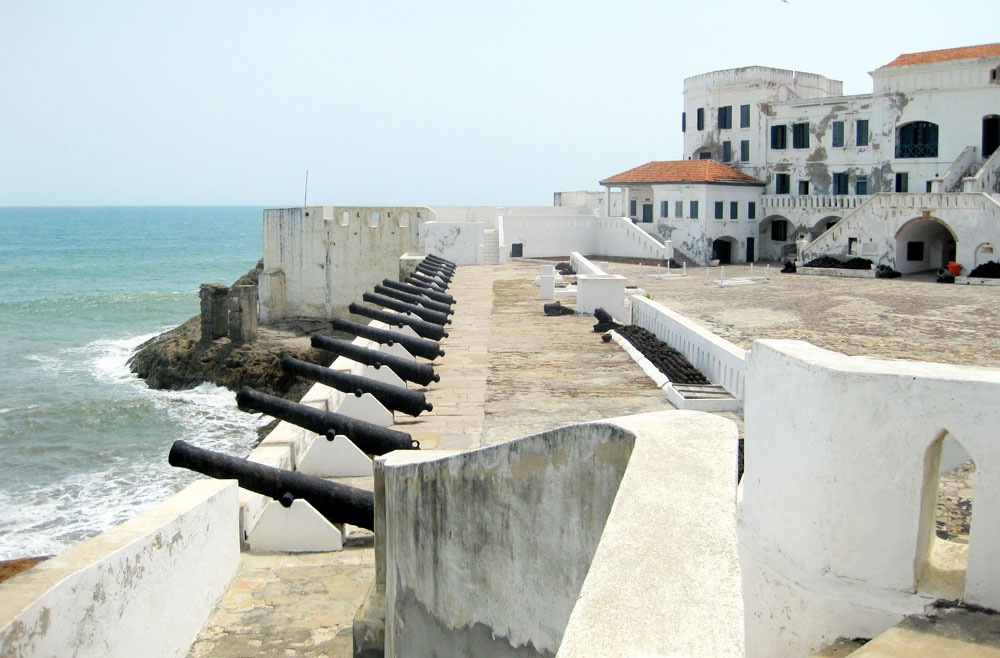
Ghana is a country blessed with an abundance of natural and cultural attractions. From historical sites to stunning landscapes, an abundance of wonders awaits, catering to every taste.
One of the must-visit attractions is Cape Coast Castle, a UNESCO World Heritage site that played a significant role in the transatlantic slave trade. This hauntingly beautiful castle offers a glimpse into Ghana’s painful past and serves as a reminder of the resilience of the Ghanaian people.
For nature lovers, Kakum National Park is a must-see destination. This tropical rainforest reserve is home to a diverse range of flora and fauna, including over 40 species of mammals and 250 species of birds.
The park is famous for its canopy walkway, which offers breathtaking views of the forest canopy and allows visitors to experience the forest from a unique perspective.
If you’re interested in wildlife, a visit to Mole National Park is highly recommended. This park is Ghana’s largest wildlife sanctuary and is home to elephants, lions, antelopes, and various species of monkeys.
Visitors can go on guided walking safaris or take a jeep safari to explore the park and spot its abundant wildlife.
Pros and Cons of Visiting During Different Seasons
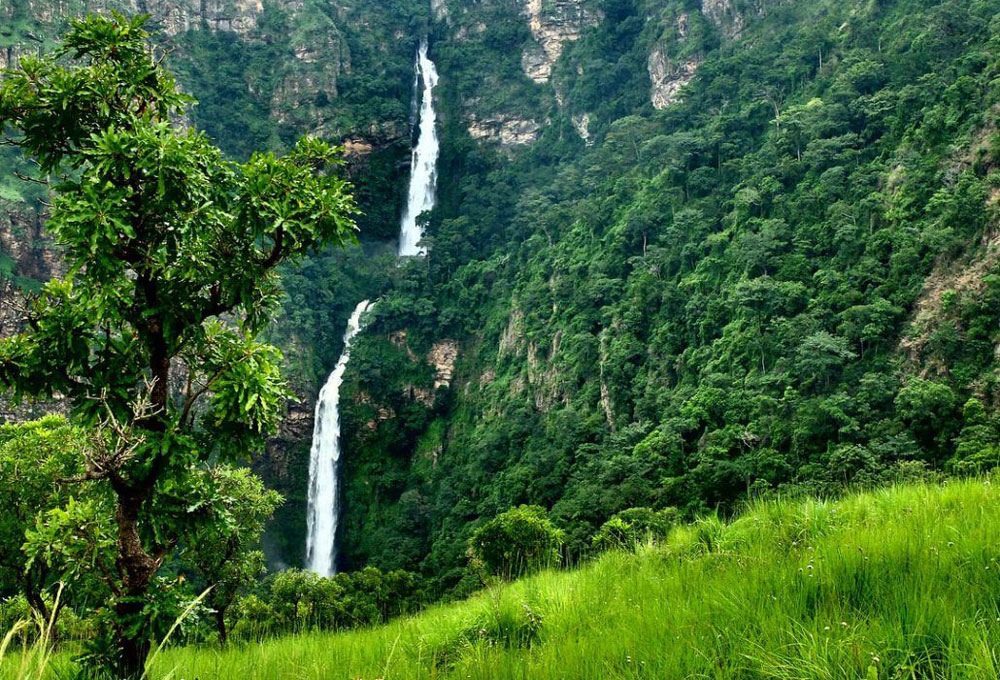
Visiting Ghana during different seasons has its pros and cons. The rainy season, which occurs between April and October, has its own unique charm. The landscape is lush and green, and the waterfalls and rivers are at their most spectacular.
However, heavy rainfall can sometimes make it difficult to travel, and certain activities may be limited due to the weather conditions. Additionally, the high humidity levels during this season can be uncomfortable for some visitors.
On the other hand, the dry season, which runs from November to March, offers more favorable weather conditions for outdoor activities. The days are sunny and warm, and the nights are cooler, providing a pleasant climate for exploring Ghana’s attractions.
However, this is also the peak tourist season, which means that popular sites and accommodations may be crowded, and prices may be higher.
Ultimately, the best time to visit Ghana depends on your preferences and interests. If you’re interested in attending festivals and cultural events, you may want to plan your visit during specific times of the year when these events take place.
If you prefer milder weather and fewer crowds, the shoulder seasons (April-May and September-October) may be a good option.
Best Time to Visit for Specific Activities
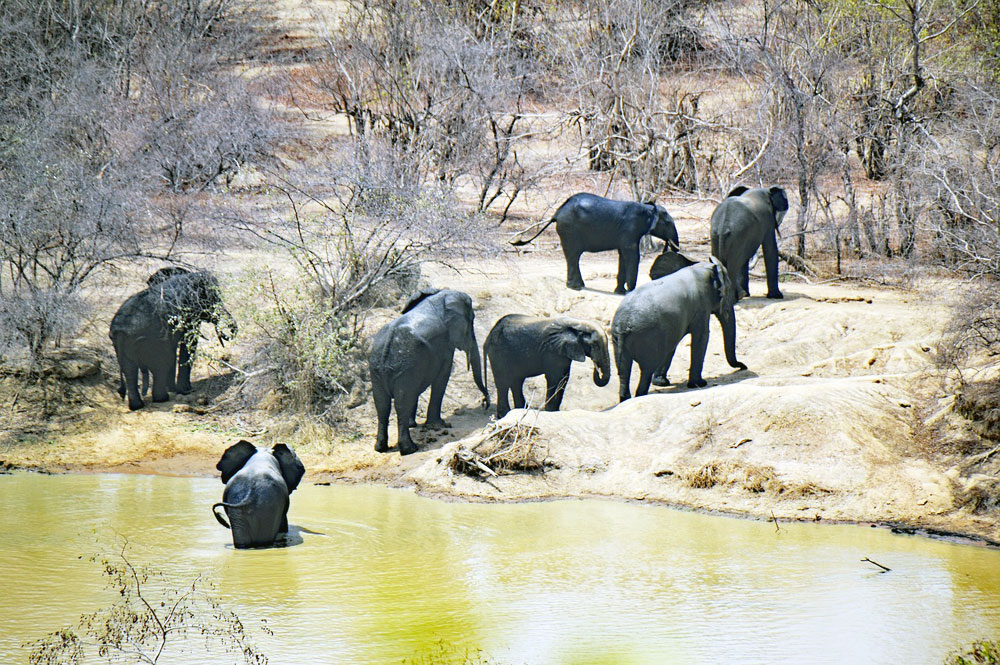
Ghana offers a wide range of activities for visitors, from wildlife safaris to beach vacations and cultural immersion. The best time to visit for specific activities depends on the season and the weather conditions. Here are some recommendations:
1. Wildlife Safaris: If you’re interested in wildlife, the dry season (November to March) is the best time to visit Ghana. During this time, animals gather around water sources, making it easier to spot them. Mole National Park and Bui National Park are popular destinations for wildlife enthusiasts.
2. Beach Vacations: Ghana is home to beautiful beaches along its coastline. The dry season (November to March) is a great time to visit the beaches, as the weather is pleasant and the sea is calm. Popular beach destinations include Kokrobite, Busua, and Cape Coast.
3. Cultural Immersion: To immerse yourself in Ghana’s rich culture and traditions, attending festivals is a must. Many festivals take place throughout the year, but some of the most popular ones include the Akwasidae festival (Ashanti), Homowo festival (Ga), and Panafest festival.
Tips for Planning Your Trip to Ghana
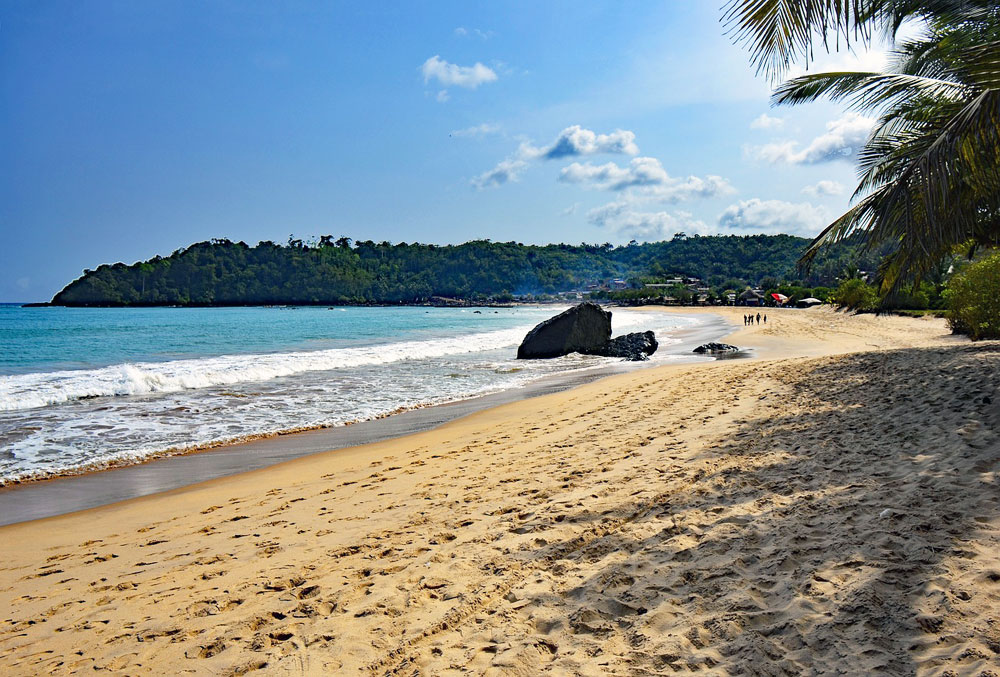
Planning a trip to Ghana requires careful consideration and research. Here are some tips to help you make the most of your visit:
1. Visa Requirements: Check the visa requirements for your country before traveling to Ghana. Make sure to apply for a visa well in advance to avoid any last-minute complications.
2. Health and Safety: Consult your doctor or a travel health clinic for advice on vaccinations and medications recommended for Ghana. It’s also important to take precautions to ensure your personal safety while traveling in Ghana.
3. Currency and Money: The currency in Ghana is the Ghanaian Cedi (GHS). It’s advisable to carry some cash with you, as credit cards may not be accepted everywhere. ATMs are widely available in major cities and towns.
4. Transportation: Ghana has a well-developed transportation system, with options ranging from taxis and buses to domestic flights. It’s advisable to plan your transportation options in advance, especially if you’re planning to visit remote areas.
5. Respect Local Customs: Ghana has a rich cultural heritage, and it’s important to respect local customs and traditions. Dress modestly when visiting religious sites and ask for permission before taking photos of people.
Cultural Etiquette and Customs in Ghana
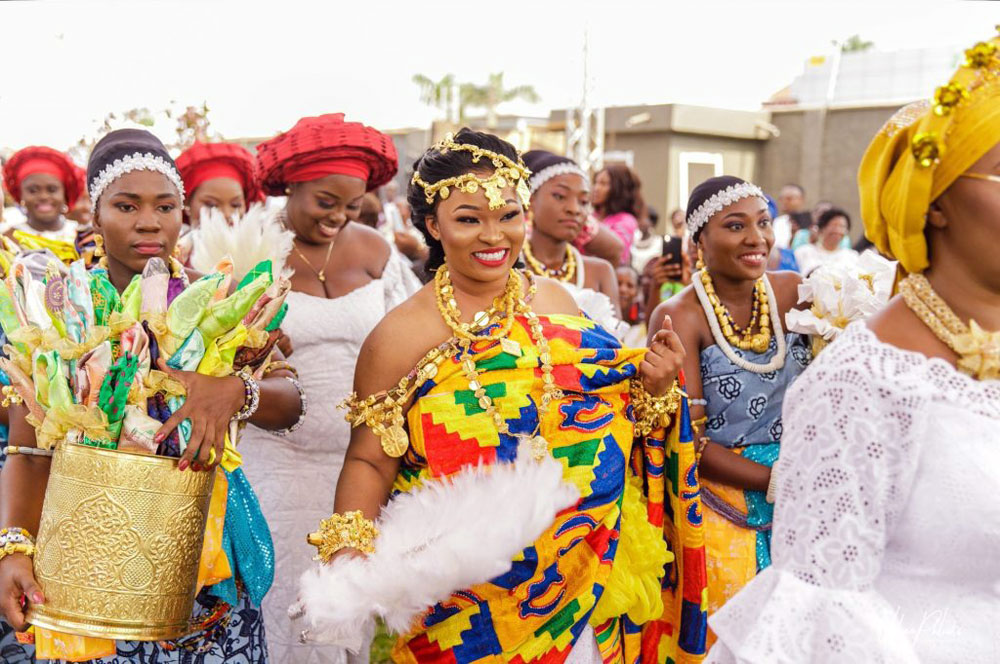
Ghana is a country with diverse cultural traditions, and it’s important to be aware of and respect local customs. Here are some cultural etiquette tips to keep in mind:
1. Greetings: Ghanaians place great importance on greetings. When meeting someone for the first time, it’s customary to shake hands and exchange pleasantries. It’s also polite to greet older people before others.
2. Dress Code: Ghanaians generally dress conservatively. When visiting religious sites or attending cultural events, it’s advisable to dress modestly and avoid revealing clothing.
3. Language: English is the official language of Ghana, but there are several local languages spoken across the country. Learning a few basic phrases in the local language (such as “hello” and “thank you”) can go a long way in showing respect and building connections with the locals.
4. Eating Etiquette: When eating with your hands, it’s customary to use only your right hand, as the left hand is considered unclean. It’s also polite to wait for the host to start eating before you begin.
5. Gift Giving: If invited to someone’s home, it’s customary to bring a small gift as a token of appreciation. It can be something simple like a box of chocolates or a small souvenir from your home country.
Conclusion
Ghana is a destination that offers a unique blend of history, culture, and natural beauty. Whether you’re exploring the historical landmarks of Cape Coast Castle, witnessing the vibrant celebrations of the Akwasidae festival, or embarking on a wildlife safari in Mole National Park, Ghana promises an unforgettable experience.
By considering factors such as climate, festivals, and activities, you can choose the best time to visit and make the most of your trip. So, pack your bags, embrace the warmth and vibrancy of Ghana’s culture, and get ready for an adventure like no other. Your journey to the heart of West Africa awaits.



